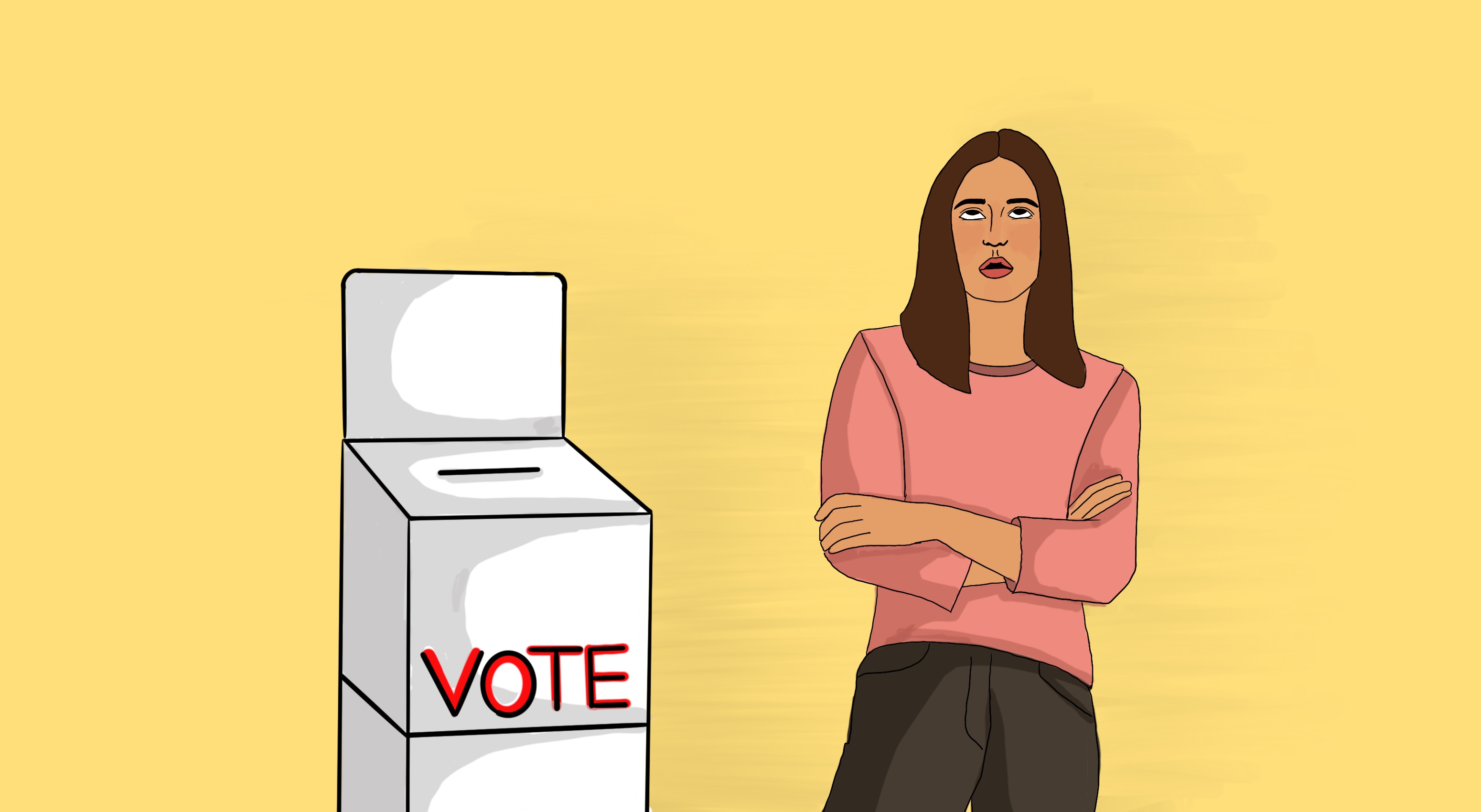With no backing student voices on the BOG can’t truly claim to represent students
Last week, the University of Ottawa held its election for student representative on the Board of Governors. The purpose of this election was to put in office a student who will represent undergraduate students’ interests and push for change in their name.
The winner of the election was incumbent Saada Hussen who was re-elected to the BOG after serving a frantic first term that saw her make strides for better mental health services on campus and sit on the president’s advisory committee for an anti-racist and discrimination-free campus.
When the results came out on June 5, it became apparent, however, that only 1,810 out of 28,887 eligible undergraduate students had cast a vote. That’s about 6.3 per cent of all eligible students. This marked another lackluster turnout by a student body, who has made it very clear through its protests against tuition costs, mental health, and racism that it deplores the current decision making and complacency of the U of O administration.
In fact, Hussen was re-elected with only 747 votes, meaning merely 2.6 per cent of the undergraduate student body voted for the first-year medical student.
The Fulcrum did hear from a number of students who reported not receiving any communication from the university regarding the election. This includes no receipt of their online ballot, resulting in an inability to vote. Conversely, a number of ineligible students (graduates, for example) reported having received ballots to vote. While students do have a responsibility to uphold their democratic right to vote in these elections, so does the U of O have a responsibility to uphold their democracy and integrity.
Nevertheless, for many students at the U of O, there was an apparent lack of interest or motivation to complete the simple action of clicking a link to vote. It’s important to get to the bottom of why that is. For some, perhaps it’s a distraction from Netflix binges or the Brads and Chads on Tinder. Or, it could be the result of the very real preoccupation of living through a pandemic. For others, it may be a symptom of being uninformed – an arguably weak excuse considering the readily available access to information to make an informed choice: Leading up to the BOG election both The Fulcrum and La Rotonde wrote stories about the upcoming election. The Fulcrum even went the extra mile interviewing each candidate individually and publishing an individual profile for each aspirant in the BOG race who spoke to us.
Likely, it is the result of a widespread feeling of disenfranchisement among the U of O’s student body – a healthy reaction to an administration which has made clear that they are resistant to enacting meaningful change.
This felling disenfranchisement can also easily be linked back to the Student Federation of the University of Ottawa, the U of O’s incompetent former student union.
Unfortunately, however, voting apathy from the U of O student body is not an anomaly. Year after year, election after election, students fail to make their voices heard at the polls.
In the last University of Ottawa Students’ Union Board of Directors general elections, a whopping 12.4 per cent of students bothered voting.
Heck, the biggest election at the U of O in the last decade, the referendum that pitted the UOSU against the SFUO for the honour of being the union representing U of O students, had only a 16.7 per cent turnout.
Knowing this, should we really be upset that the overwhelming majority of undergraduate students didn’t vote in a BOG election?
Yes!
It’s crucial for students to get out and vote in large numbers because it gives a student representative the legitimacy to actually have their voice carry weight on the BOG. Protest and voting go hand in hand.
In the last year and a half, no less than six students died from suicide at the U of O. In that same timeframe, three Black students were carded on campus by security officers in racially motivated incidents.
Although grass-root initiatives from students, such as the UO Collective for Mental Health, help push the needle on issues such as mental health resources on campus, they can’t fulfill their potential if students don’t collectively exercise their right to vote. Student representatives on the BOG have the very real power to push for change; for example in her first term, Hussen was largely responsible for securing an increase in funding for mental health services.
Still, Hussen and any other elected representative need strong legitimacy to have a voice that carries weight in the eyes of their colleagues, and having the backing of only 2.6 per cent of the student body isn’t enough for Hussen to claim she represents all students or even the majority of students with her opinions.
A lack of voting leads to a lack of accountability for those in power and it was clear that when students stopped voting in SFUO elections. The executive was elected by tiny proportions of the electorate and took advantage of the lack of accountability to run huge deficits and spend exorbitant amounts of money on booking artists and buying fireworks.
It’s the same story with the Board of Governors. Years of low turnout in student representative elections have led the administration to ignore the voice of students and become complacent in the face of a mental health crisis and a clear racial discrimination problem on campus.
The administration has adopted the habit of answering students’ outrage by putting together a nice email about its “commitments” and sending it to students knowing that when it comes to voting for a change students will be apathetic and won’t bother.
And when students are complacent at the ballot box, it’s hypocritical for them to call out the administration for its complacency.
As the independent news outlet of the university, we do our best to hold the U of O administration and UOSU accountable, but we need students to stand behind us – that includes voting.
So remember, undergraduate students, next time there’s an election, defy the conventional and vote!
Editorials are written by the Fulcrum’s fourteen person editorial board and express the opinion of the board. To share your own views, email editor@thefulcrum.ca





